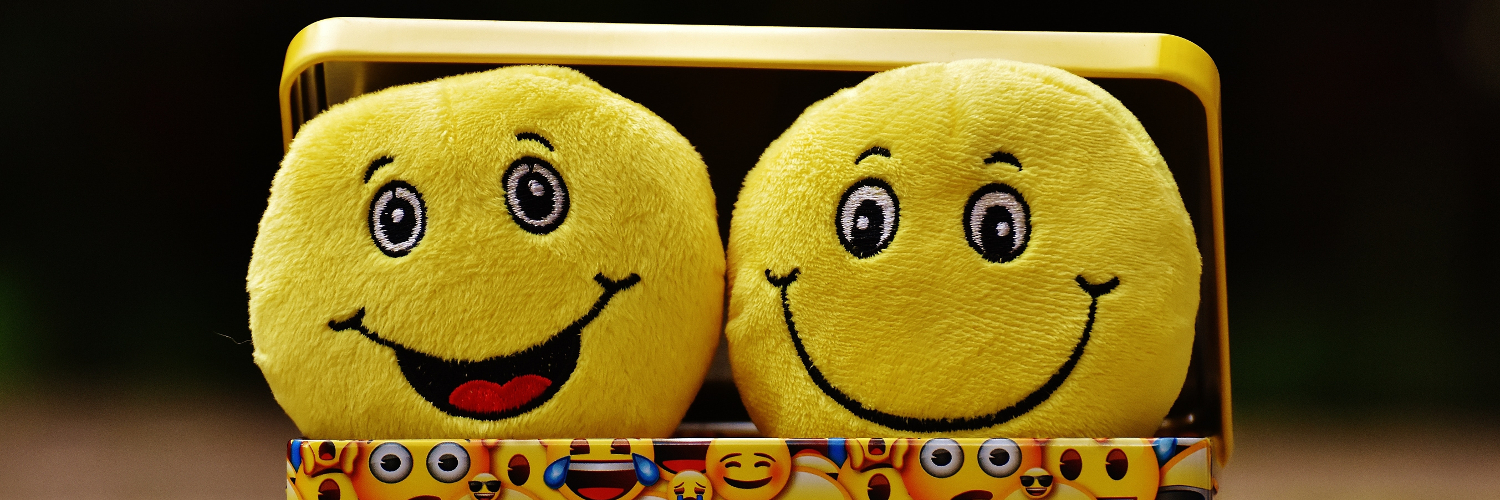Today I thought I’d literally lighten the mood, and explore the role of laughter and humor in learning.
There is little success where there is little laughter — Andrew Carnegie
Humor (and I distinguish it from the behavior of laughing purposely) kick starts a set of complex neural processes, that engage parts of the brain that also happens to be important for learning.
Without wanting to be too reductive, (what more disastrous way to be unfunny?) jokes are made up of three parts: First, the joke sets up some type of incongruity — a punchline that seems out of place compared with the joke’s set-up. Then, the brain engages a cognitive construct called surprise and coherence as the listener tries to resolve the incongruity. Finally, the listener’s brain determines the joke’s sense— or lack thereof—and decides whether or not the joke is funny. Scientists even have a name for this: “incongruity resolution theory” - one of the three dominant theories of humor.
Tracts of research have shown that the cognitive processes involved in resolving jokes, and finding the humor, boosts memory and retention, in short: information presented in a humorous manner is better recalled than information presented in a serious manner. Read with interest this Pew survey that shows viewers of humorous news shows such as The Colbert Report are better able to recall salient details of current affairs than viewers of serious news programs.
Humor - it turns out - has a very important cognitive and neurological role to play in our abilities to retain information, handle incongruity, seek and recognize patterns, not to mention that “catching” a joke also releases feel good hormones like dopamine and serotonin.
Another really important function of humor is as a social indicator of acceptance. Laughter is thought to predate language by a few million years, and is thought by scientists to have played a significant role in social bonding, reducing animosity between different tribes and easing feelings of stress by way of shared relief once a shared danger has passed.
Laughter and learning
Helping your students to share a joke, or even perpetuating an ongoing humorous event that is shared by the class, can minimize stress and anxiety in students, and create a more comfortable learning environment.
To recap, and using this research as a foundation, humor works well in classrooms because:
- It is neurologically stimulating
- Has been shown to increase retention of information
- Enables a better classroom environment
- Students prefer teachers with “humor orientation” and in fact consider teachers with a sense of humor more credible instructors
It’s obviously important to note that humor in the classroom works best when:
- It is course or concept related
- Age-appropriate
- It is not sarcastic
- Includes everyone (does not denigrate any member of the class)
- Speaks to a shared experience
How to harness the power of humor over the learning process of your students
One thing, however, is key: there are few things less funny than an unfunny person, trying to be funny. So the trick is undoubtedly to know yourself, and your “humor orientation”, and try and pitch humorous anecdotes and jokes into your lesson without it feeling uncomfortable of forced.
Try some of these tips and tricks to get you started:
- It’s OK to make fun of yourself: think of a funny, personal anecdote that illustrates your point.
- Create your own project: show students your funny side by showing them some of your failed attempts at the project or challenge.
- Laugh at their jokes: assuming the jokes are not unkind or discriminatory, encourage laughter in your class by laughing with your students.
- Use pop cultural references: if your students undoubtedly consider you hopelessly uncool, use this to your advantage, and reference the latest Taylor Swift video in your lesson on osmosis (a random example). This type of surprise will generate giggles, but will certainly also trigger all the good learning effects we spoke of above.
- Ask yourself if and why you may not be enjoying yourself in a lesson. Reigniting your passion for the subject will swiftly bring a sense of joy and levity back to your teaching.
- Sit in class for a day and let the students teach you - flipping your classroom in this way can bring a lot of fun back to your subject.
I’d love to hear more about your tips and tricks for injecting humor and laughter into your lessons, please drop us a line in the comments section below.







